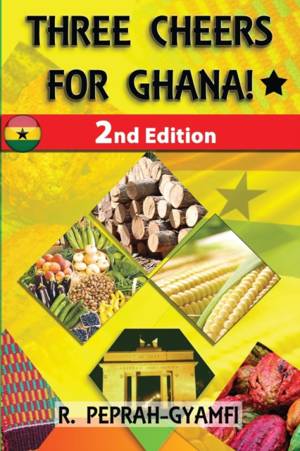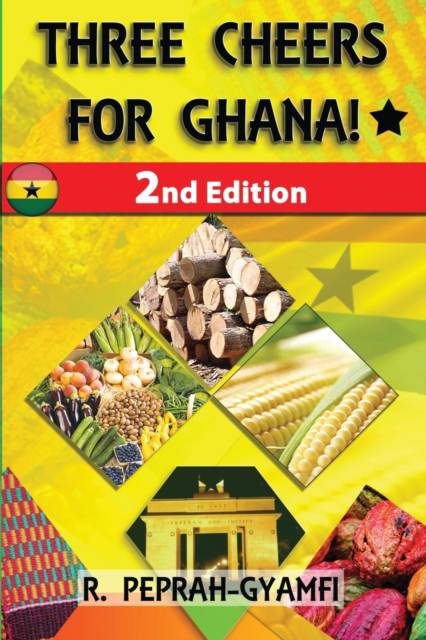
- Afhalen na 1 uur in een winkel met voorraad
- Gratis thuislevering in België vanaf € 30
- Ruim aanbod met 7 miljoen producten
- Afhalen na 1 uur in een winkel met voorraad
- Gratis thuislevering in België vanaf € 30
- Ruim aanbod met 7 miljoen producten
Omschrijving
It is an account of the author's visit to his native country, Ghana, after almost 13 years' absence (1994-2007). It details the quite remarkable improvement in the economic and political life of the country that had taken place in his absence. The book is not a dry treatise on the economic, social and political conditions of the country. Instead it is a journey of discovery in which one meets the people, wonders at the signs of new affluence-- the executive houses and expensive cars driven by sophisticated housewives--, travels with the author and his family to their respective hometowns, and gains a personal and moving perspective into the indigenous cultures and living conditions of the poorer farming folk who in some cases still struggle to survive.
What makes the book so accessible, is the author's dramatization of his visit. The reader is, in effect, a fellow traveler with him and his family. We share the excitement of leaving the UK with the family, the packing of the luggage, the impending disappointment and panic when it seems their flight has been cancelled, as well as the sense of adventure when they have to rush to be in time for an alternative flight. In all the confusion and uncertainty at the outset of the journey, one person, the author says, was prominent on his mind, namely his youngest child Jonathan, and we share with him the urgent hope that the young boy will not be disappointed by a cancelled flight!
This very readable book takes us on an entertaining journey, since, in a sense, it reads like a novel-- one flies out to Ghana with the author and his family and shares his son's excitement of flying, and so it goes on; this is not a dry treatise on the economic, social and political conditions of Ghana, but a journey in which one meets the people, wonders at the signs of new affluence in the posh houses and expensive German cars driven by sophisticated housewives, travels with the author and his family to their old hometowns, shares the glee of their extended families in seeing them again, gains a personal and moving perspective into the recent past of the indigenous cultures, the poorer farming folk who in some cases still struggle to survive; it is an account of first-hand experience whereby one understands the author's concern to help advance the prospects, not only of the disadvantaged members of the family, but of the country as a whole.
Specificaties
Betrokkenen
- Auteur(s):
- Uitgeverij:
Inhoud
- Aantal bladzijden:
- 260
- Taal:
- Engels
Eigenschappen
- Productcode (EAN):
- 9780995552449
- Verschijningsdatum:
- 30/08/2017
- Uitvoering:
- Paperback
- Formaat:
- Trade paperback (VS)
- Afmetingen:
- 152 mm x 229 mm
- Gewicht:
- 353 g

Alleen bij Standaard Boekhandel
Beoordelingen
We publiceren alleen reviews die voldoen aan de voorwaarden voor reviews. Bekijk onze voorwaarden voor reviews.









